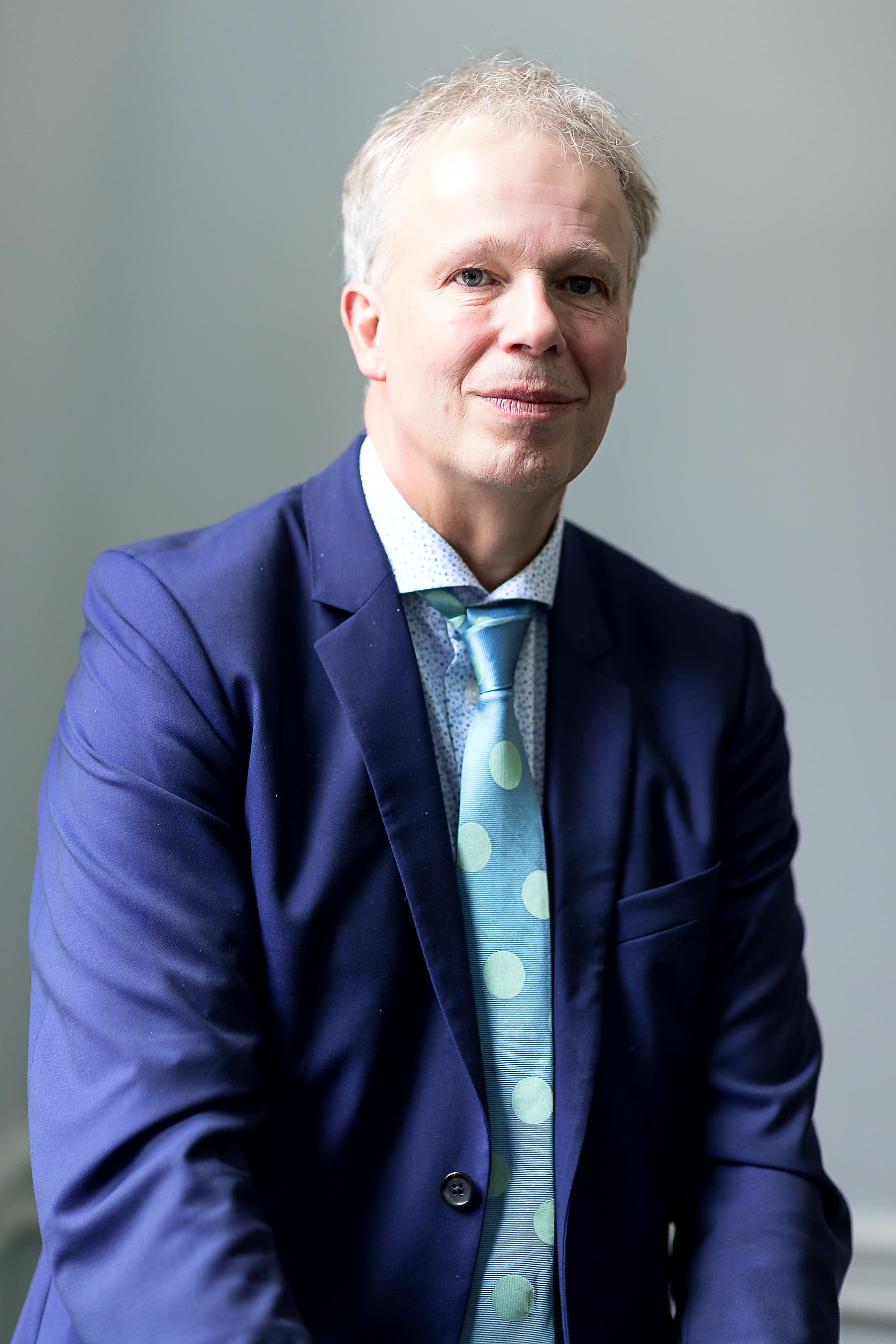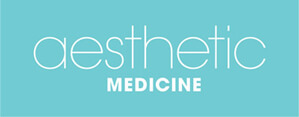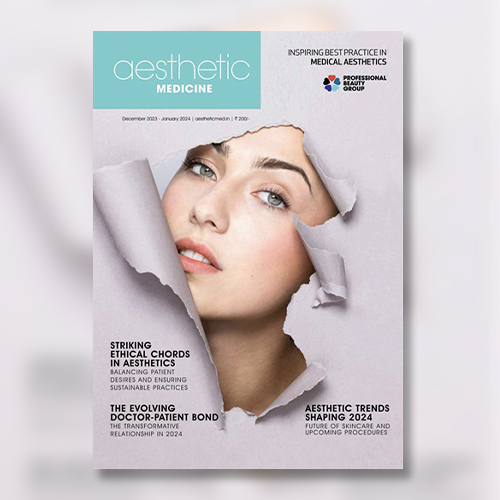The professionalisation of aesthetic medicine is essential for the development of the industry and its long-term survival. Organisations such as the British College of Aesthetic Medicine (BCAM) have long championed the need to improve patient safety, and part of that vision is supporting the development of its members through raising standards and driving education. This is particularly important with new practitioners coming into the industry.

Another way BCAM is tightening up its standards is by adding in an examination process and demonstration of suitable experience for full membership. Charlson explains, “This will again assure the general public that members are properly trained and are advanced in their field. It is hoped that full membership will become a specialist qualification recognised by the GMC and GDC. BCAM isalso looking to work with a Royal College to become a faculty in the near future.”
The issue of regulation was high on the agenda in 2018 and looks set to continue to be a topic of debate in 2019. BCAM has been involved with the Joint Council for Cosmetic Practitioners (JCCP) since its inception and Charlson says it will continue to do so. “BCAM will continue to be permanent members of the JCCP council and, as such, will work closely with them on matters of regulation. It is our goal to ensure both practitioners and training organisations work to correct standards but also to ensure that registration is not too complex. We are also meeting with Government to push for regulation to have as much force as possible.”
But Charlson also believes that being a member of an organisation such as BCAM offers more than just supporting the move towards higher standards of education and tighter regulation. He says, “From a commercial point of view in a crowded market, consumers are becoming increasingly discerning. Good quality patients who will come regularly are more likely to seek out well qualified practitioners. As BCAM raises its profile and indeed demonstrates the quality of its members, it can rightly claim that its members will provide premium service and results. BCAM is actively involved in regulation and this will slowly (as it is voluntary) begin to exclude those professionals who are performing the occasional treatment and hopefully completely exclude non-professionals from injecting anyone. BCAM also hosts an excellent annual members conference which is scientific and evidence-based, moving away from anecdote. Membership confers support when members get into difficulty and a community of like-minded professionals.”
So what are BCAM’s other plans for the future? “The vision is to become a true Royal College. Membership will be a mark of quality,” Charlson says. “It will in time provide its own training schemes, recruitment possibilities and advice via its website and in time, an electronic journal. While this is some way off, we are moving rapidly towards these goals. If people are considering becoming a member, there could not be a better time to join us.”










Leave a Reply